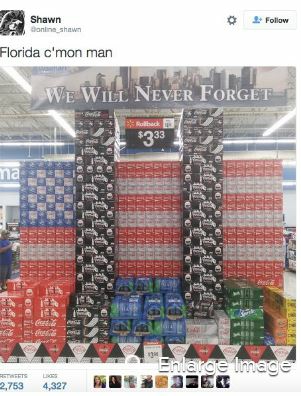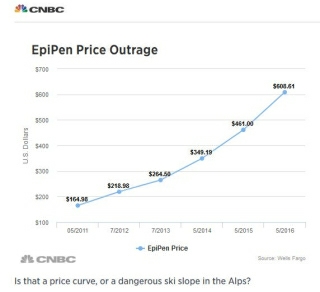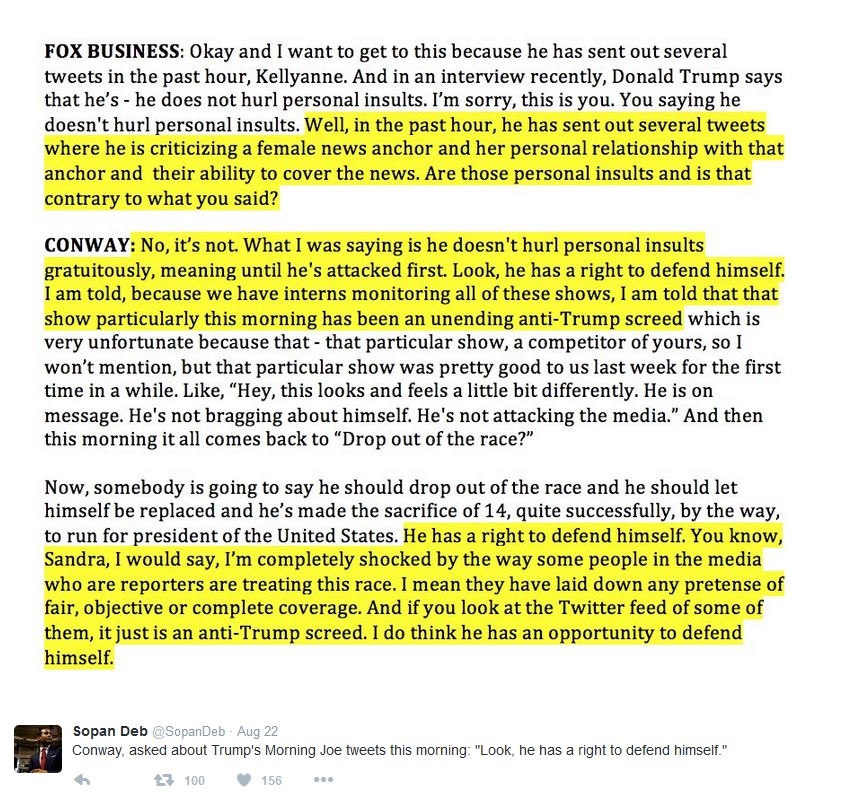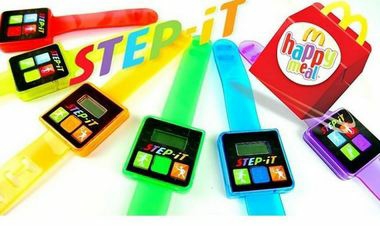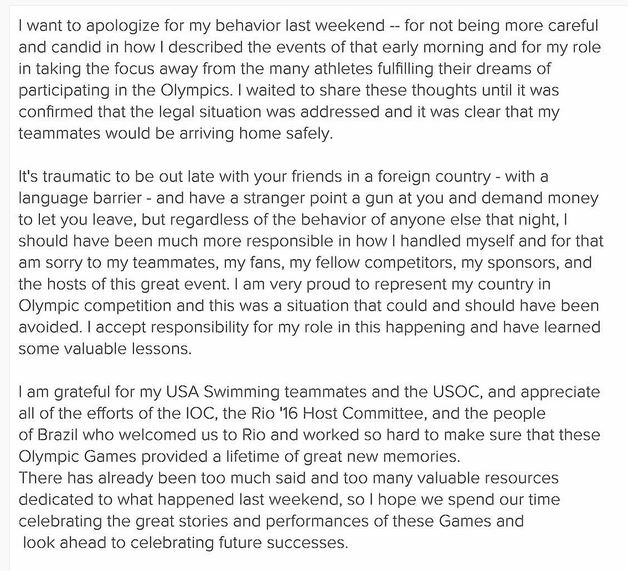Wells Fargo CEO Steps Down
/It was probably just a matter of time. Wells Fargo CEO John Stumpf announced his retirement in the wake of a bank scandal that brought the CEO in front of the federal government and brought the company millions of dollars in fines. Stumpf will walk away with about $134 million as his retirement package (although no additional severance pay). According to The Wall Street Journal, the board didn't try to convince Stumpf to continue on.

In a news release, the company included quotations from Stumpf and from the new executives. Stumpf quote read, "I am grateful for the opportunity to have led Wells Fargo. I am also very optimistic about its future, because of our talented and caring team members and the goodwill the stagecoach continues to enjoy with tens of millions of customers. While I have been deeply committed and focused on managing the Company through this period, I have decided it is best for the Company that I step aside. I know no better individual to lead this company forward than Tim Sloan."
A Slate writer called the news "a stunning fall for a banking leader who had helped guide Wells Fargo through the financial crisis and lead the company through its acquisition of Charlotte-based Wachovia." A New York Times writer called Stumpf's resignation "abrupt."
Discussion Starters:
- Do you agree with the reporters' language? Is this a "stunning fall" and an "abrupt departure"?
- Is Stumpf's retirement the right decision for the company at this time? Why or why not? What did the board of directors likely consider in encouraging-or at least accepting-his retirement?

